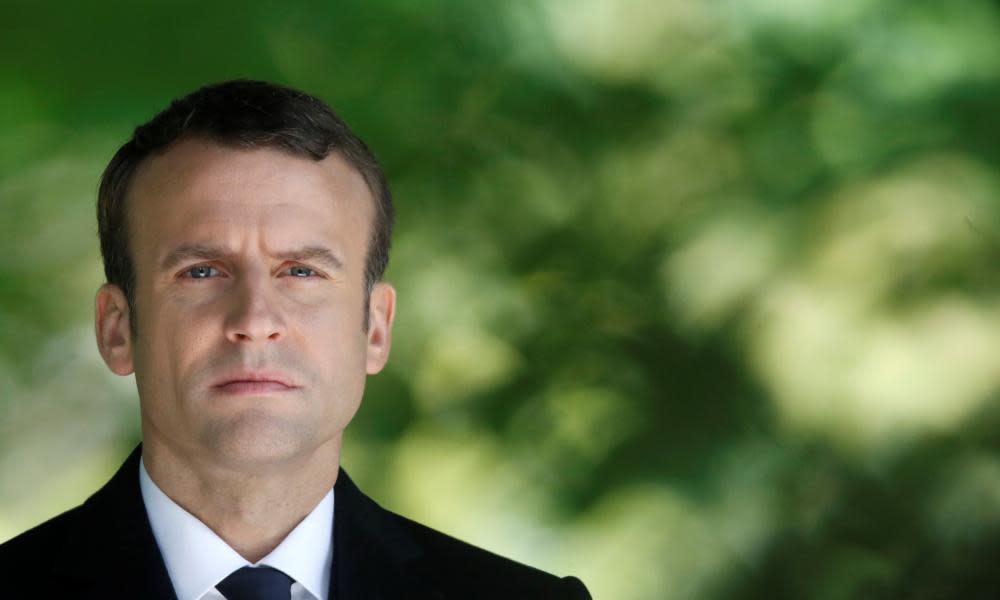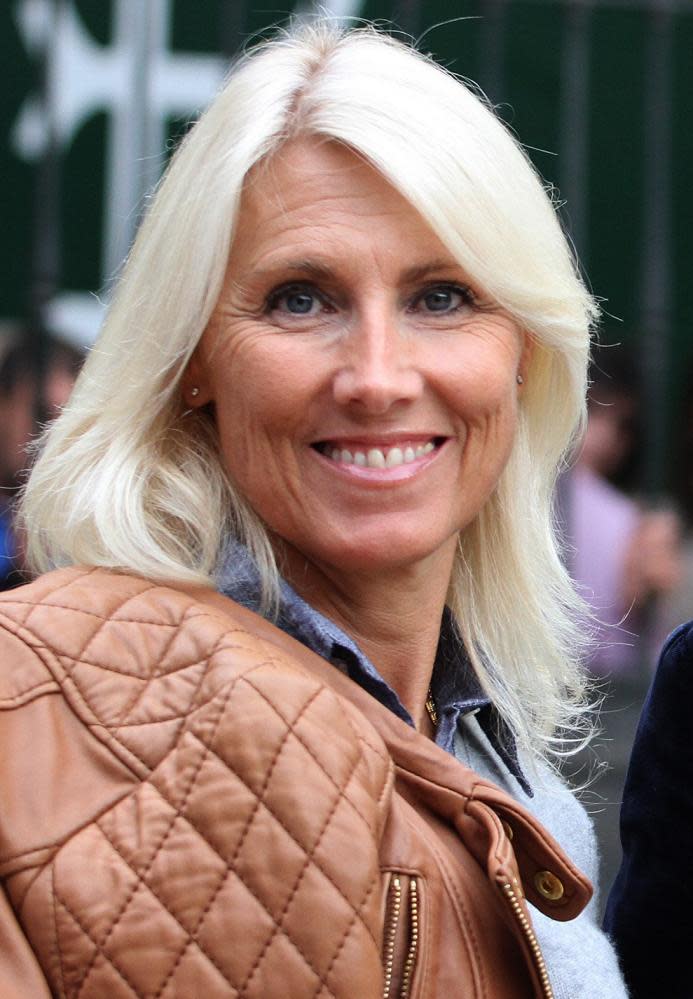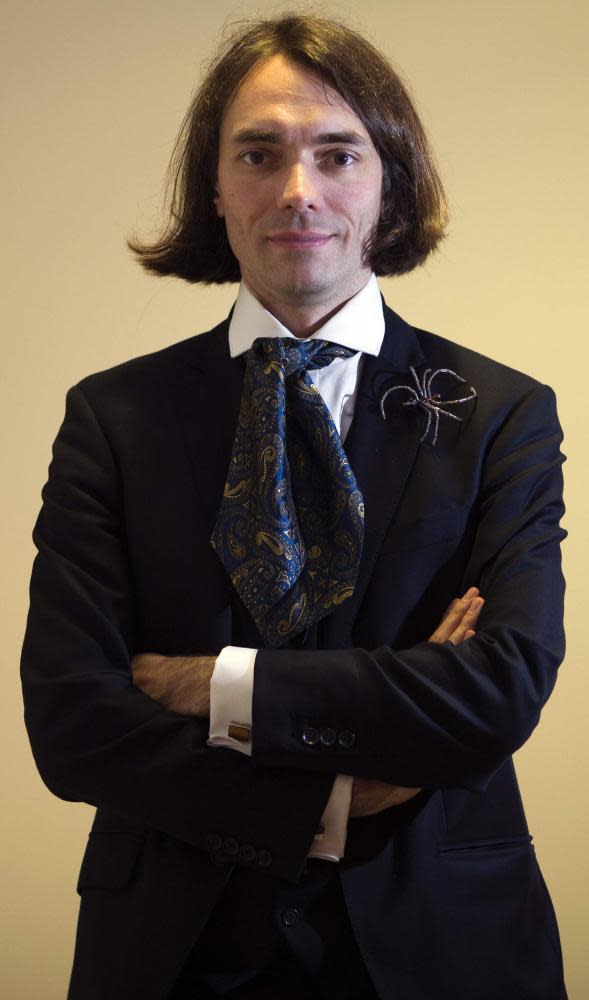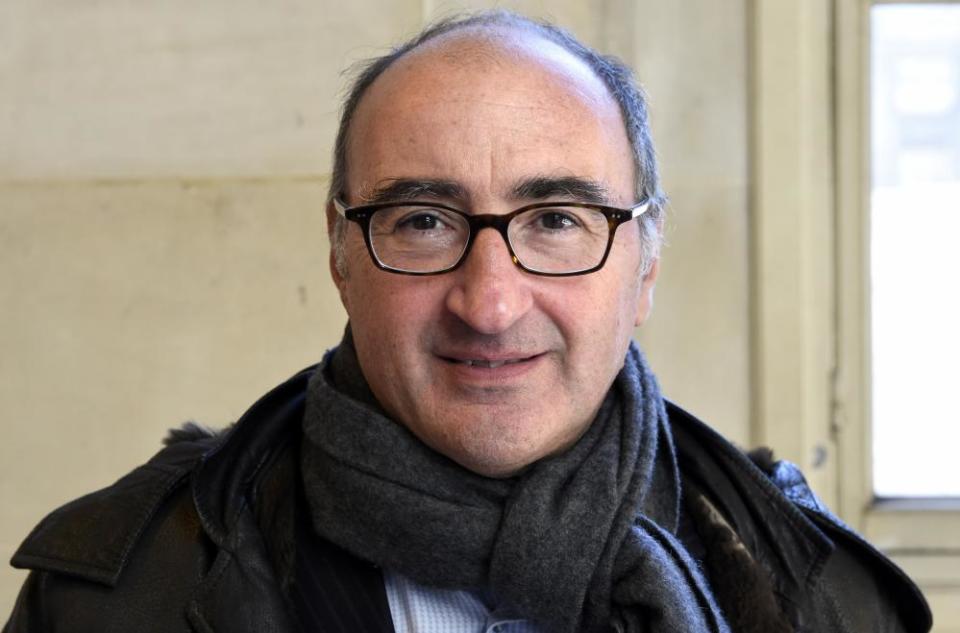Female ex-bullfighter and maths genius among candidates standing for Macron

A former female bullfighter, a gifted mathematician and a high-profile anti-corruption magistrate are among the hundreds of candidates who will stand for Emmanuel Macron’s party in France’s general election next month.
Macron, the country’s recently elected president, has promised to renew French political life by aiming to fill the lower house of parliament, the Assemblée Nationale, with MPs who are completely new to the corridors of power. He needs an absolute majority in the house to push through tough reforms.
On Thursday, Macron’s party La République En Marche (La REM) announced the names of 428 candidates for France’s parliamentary elections. They hope the elections will give the new president full power to push through his promised reforms.

The civilian candidates include Marie Sara, a former bullfighter, who will stand for a seat in the Gard, in the south of France, against the Front National heavyweight, Gilbert Collard. Sara was once married to the tennis star Henri Leconte.

Cédric Villani, 43, who in 2010 won the Fields medal, the equivalent of the Nobel prize in mathematics, will stand for Macron in a suburban Paris district. The mathematician is known for his dandy-ish looks, long hair and collection of floppy bow ties.

Also on the list is Eric Halphen, a celebrated anti-corruption judge, and Marion Buchet, a French air force fighter pilot who served in Syria.
Announcing the details on Thursday, party officials admitted they needed to find another 148 people to stand in the remaining constituencies, but insisted they would find them before an extended deadline of Wednesday next week.
The fledgling La REM party has signed up 24 outgoing members of the French assembly – all from the Socialist party of François Hollande – but is hoping to attract a number of heavyweights from the centre-right conservative party Les Républicains.
True to the president-elect’s campaign pledge to “renew” the country’s political class, 52% of the 214 men and 214 women chosen to stand for parliamentary seats are from civil society. The youngest is 24 and the oldest is 72. Of these 93% have jobs, and the remaining handful of civilian candidates are unemployed, retired, or students.
Richard Ferrand, the general secretary of La REM, said on Thursday that 19,000 people had applied to be parliamentary candidates in the past four months “not counting several thousand more who have applied in the last few days” since Macron’s victory. Interviews had been conducted with 1,700 applicants before the final candidates were chosen.
Ferrrand said there had been five criteria: renewal, gender parity, probity, political pluralism and knowledge of, and support for, Macron’s programme.
At a chaotic press conference on Thursday, which began 90 minutes late, it was clear the party had not yet come up with enough people to fulfil Macron’s pledge to field candidates in all the parliamentary constituencies. La REM officials were also unsure what the new party’s acronym would be.
Earlier, party officials had blamed last-minute candidate bids from prominent figures, including the former Socialist prime minister Manuel Valls, for throwing the selection process off course.
Valls, an experienced and long-serving but not especially popular politician, was told he was not yet eligible as he still belonged to the Parti Socialiste (PS). The former PM, who reportedly filled in an application to represent Macron’s party on Sunday, is threatened with being thrown out of the PS.
Ferrand said Valls did not match the criteria for being a candidate because he had already served three parliamentary terms. He told journalists it was not the party’s intention to “humiliate, reject or be seen to be vindictive” towards the former prime minister and that Valls’ application had been considered “respectfully”, but rejected.
“There is one rule for all,” Ferrand said. “We are not investing him.” As a compromise, the party has agreed not to field a candidate against Valls in his Essonne constituency south of Paris, meaning it will contest 576 of the 577 seats.
Macron won a decisive victory against the far-right Marine Le Pen in last Sunday’s presidential election second round runoff. The pro-European centrist, who will take office on Sunday, has promised to overhaul the political system and rewrite labour laws in the hope of reducing mass unemployment in a country still struggling with weak economic growth.
His election manifesto promises to refresh French political life with new faces, many of them unknown and from civil society with at least half of them being women. The pledge is to avoid recycling well-known political figures.
The president will need a clear majority in the Assemblée Nationale if he is to pursue his programme.
Macron’s ambitious attempt to control the lower house of parliament is helped by the disarray in the outgoing Socialist party. However, the opposition conservative Les Républicains party, whose candidate, François Fillon, was ejected in the first round of the presidential vote, is regrouping with the aim of winning a parliamentary majority.
On Sunday, after he officially becomes president, Macron is expected to first announce his prime minister and then address the Herculean task of turning his rebranded 13-month-old movement into a fully functioning political party capable of winning an absolute majority.
In April, before the presidential election, Macron revealed that 14 candidates had been chosen, including a sociologist, the deputy director of a Toulouse hospital, a farmer, lawyer and former head of Raid, the police rapid intervention force.
La REM parliamentary candidates must have a clean police record and not hold any other elected political position. Until now, politicians have been allowed to accumulate jobs, leading to some being a mayor, regional councillor and member of the national assembly simultaneously.
Officials are struggling to settle in weeks the process of interviewing and selecting candidates that normally takes three years for an already established party. The two-round legislative vote is scheduled for 11 and 18 June.
What does Macron's party stand for?
Why are France's parliamentary elections significant?
What happens if Macron's party doesn't win a parliamentary majority?

 Yahoo News
Yahoo News 
